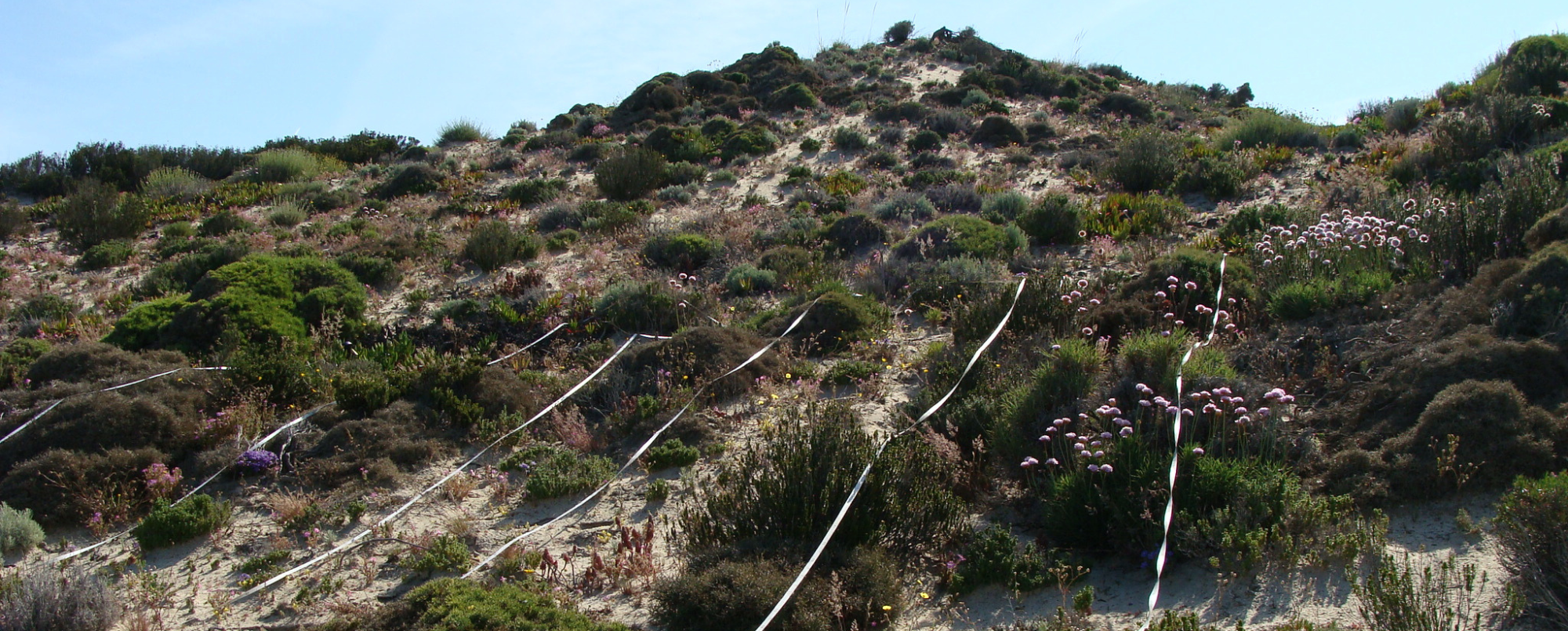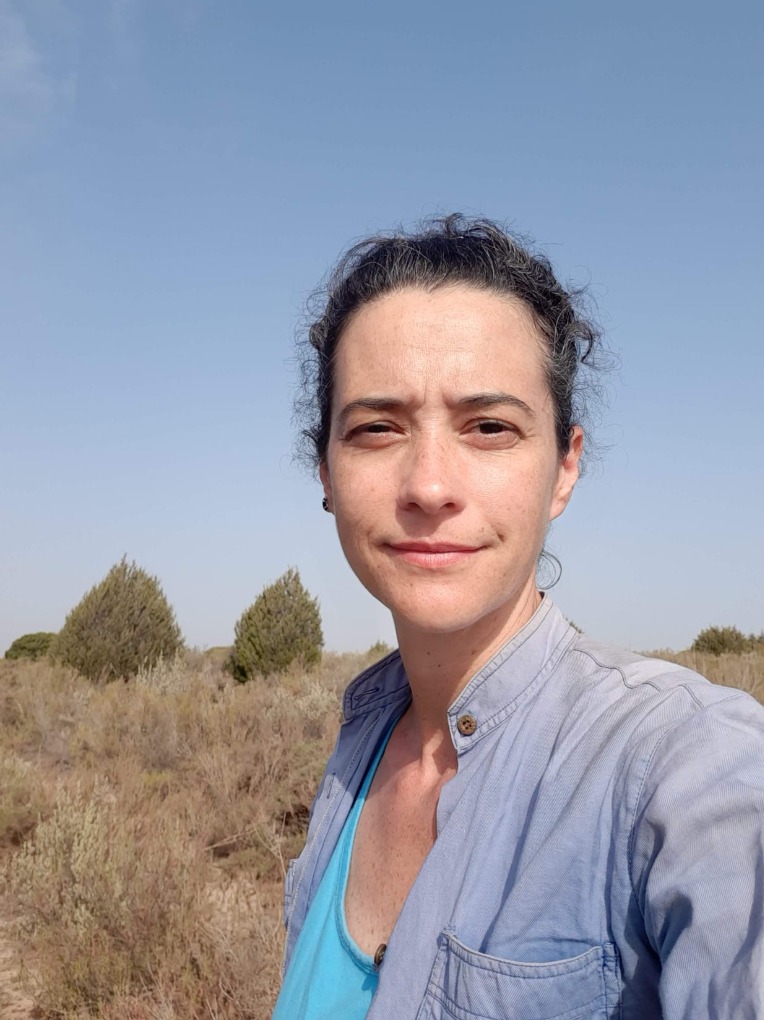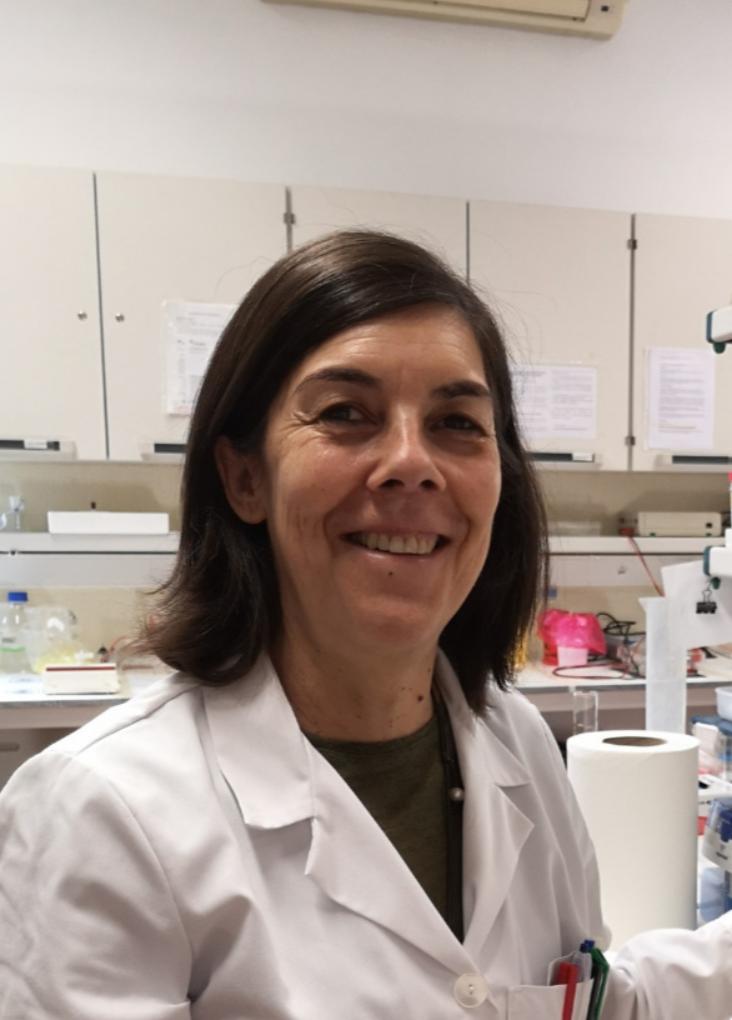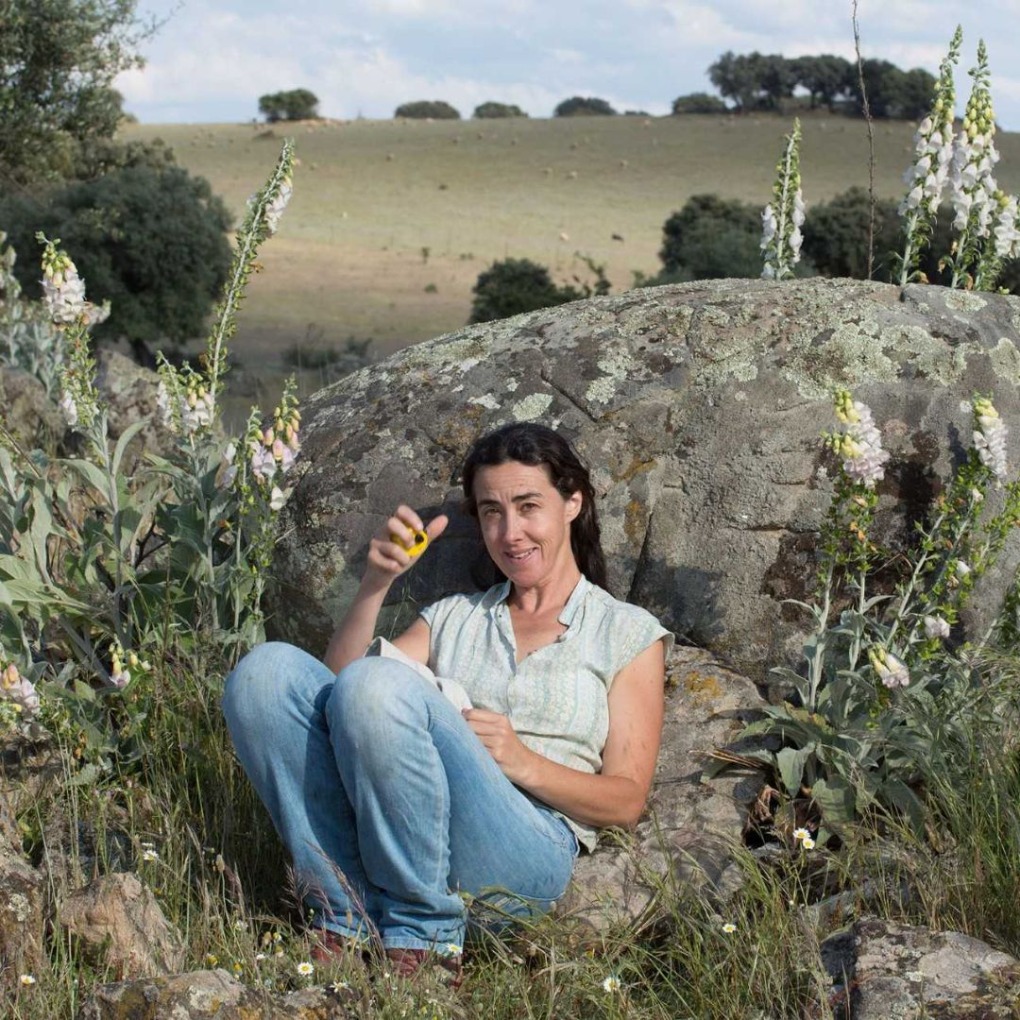Our group focuses on understanding plant species and communities' strategies to cope with natural and anthropogenic stresses (drought, fire, biological invasions, deforestation, groundwater changes).
We aim to explore plants' roles in ecosystems, expanding knowledge of plant-environment interactions to reduce and mitigate biodiversity loss and human-induced impacts on terrestrial ecosystems.
Expertise spans plant diversity assessments, ecophysiology, trait-based approaches, stable isotope ecology, eco-hydrological methods, biogeochemistry, microbiological characterisation, process-based modelling and spatial analysis.
Specific aims include:
- Management of agricultural and forest ecosystems - Providing ecological bases for sustainable management, restoration and conservation (with focus on nature-based solutions);
- Assessing the effects of hydrological changes on ecosystems’ functions and services - Understanding cross-scale effects of hydrological processes, exploring biotic and abiotic impacts on plants and water cycle;
- Multi-level understanding of plant invasions - Studying, from genes to ecosystem, invasion processes and plant-soil interactions to unravel establishment, spread and ecosystem impacts, with Acacia as model;
- In-depth study of natural resources for sustainable use - Recognising plant values (as specialised metabolism, plant-soil microorganism interactions) for improved management and conservation.
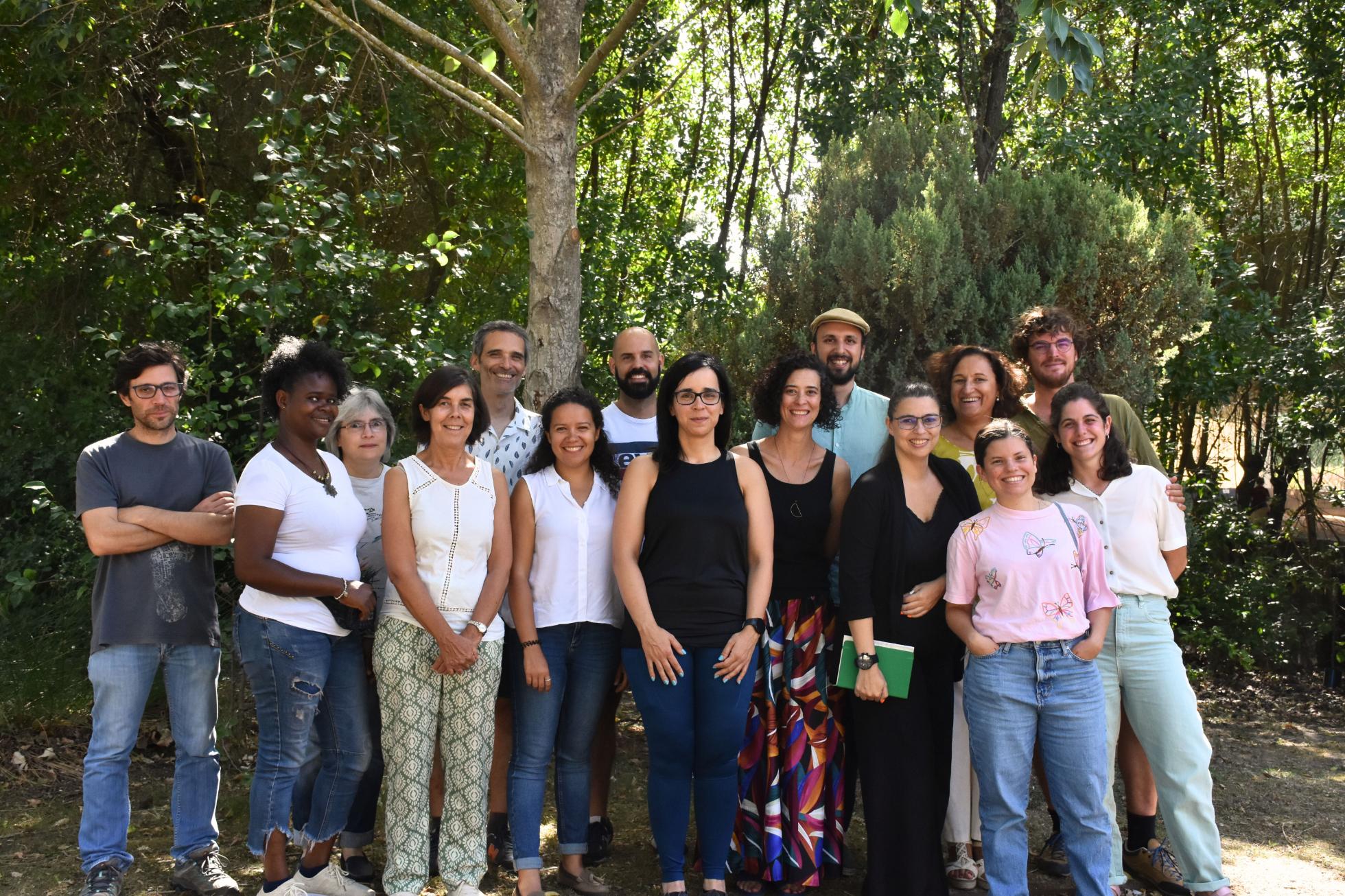
As a TL4 core group, we also contribute to TL1, collaborating with CE3C groups, expanding collaborations nationally (INIAV, UÉvora, LEAF-ISA, REQUIMTE) and internationally (EUCA19120, Univ Sevilla, MNHN-CSIC, Kew Gardens, Univ Viçosa, UNICAMP, Reserva Biologica Doñana, Univ Alcalá, Wageningen Univ). Stakeholder partnerships (Sousa Prado&Filhos Lda, RAIZ) and diverse projects (e.g. REACT-EU–Fight Desert; WineClimAdapt; SMARTFARM4.0) further enhance our commitment to both fundamental and applied research.

